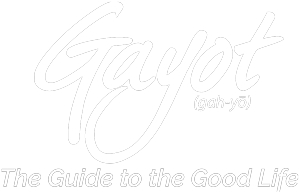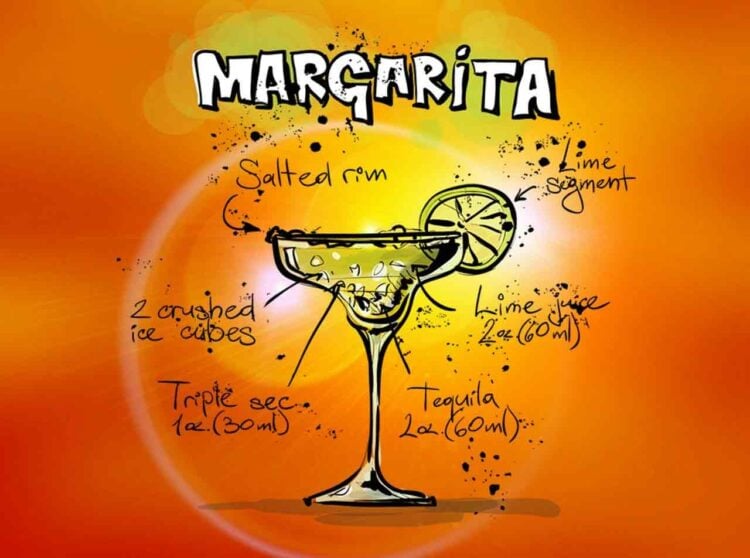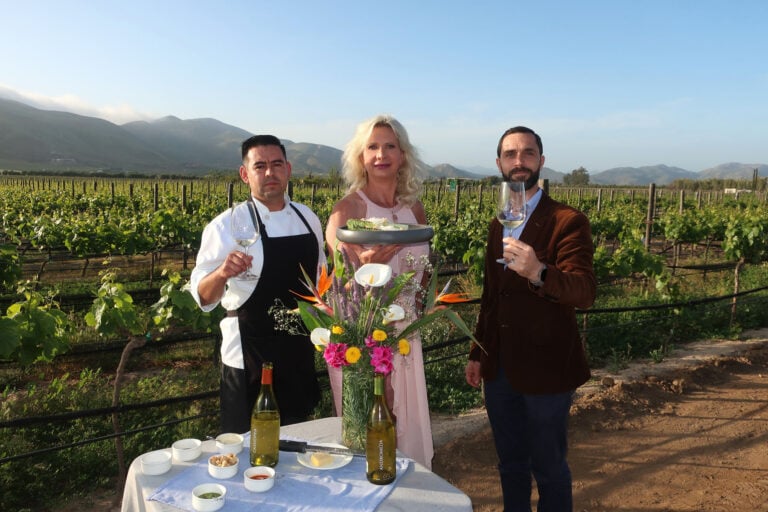California Restaurants Can Now Offer Alcohol With Food Takeout & Deliveries and Supply Liquor Stores During the Coronavirus Crisis

Los Angeles, March 22, 2020
Restaurants and bars have been (hopefully) temporarily closed for dine-in to put a brake on the spreading of the Coronavirus. Luckily for us, some restaurants are still operating offering takeout and delivery. While it is no problem to sell food, alcohol is a very different landscape.
We e-met — remember #StayHome #StaySafe — with counselor at law Robert Rivas, Head of Hospitality Practice Group and Partner at Ropers Majeski, to explain us the sale regulations of this “touchy” commodity.
California relief to the restaurant and alcoholic beverage industry is aimed at assuring supply to the quarantined

by Robert Rivas
Governor Newsom of California relaxed the restrictions regarding on premise retail licensees, such as restaurants and bars, to assist the alcoholic beverage and hospitality industry during the COVID-19 crisis and help supply those mandated to drink off premise. The result is the expansion of privileges for restaurants and bars to essentially be turned into off premise licensees (e.g., liquor stores) and even includes elements of distribution.
The three tier system that governs the sale of alcoholic beverages in the United States requires that manufacturing, distribution and retail be separate and distinct, and transactions and payment flow between the three. Restaurants and bars are usually on premise retail licensees. This means that customers are allowed to consume alcoholic beverages on the property of the licensee as opposed to, for example, liquor stores which are off premise licensees.
COVID-19 has led to many states ordering restaurants and bars to close to promote “social distancing” with the exception of takeout or delivery. This has caused great uncertainty in the restaurant industry, including lay-offs and furloughs. Simply said, many of our favorite restaurants, bars and cafés may not survive.
Washington, D.C. and New York have recognized the tremendous pressure on the industry and have temporarily relaxed the strict regulations allowing on premise retailers to sell alcoholic beverages, including spirits, for takeout and delivery. Retailers must comply with new requirements, such as beverages must be sold with prepared foods and only in closed containers.
In California, on premise licensees (bars and restaurants) already have the statutory privilege to sell beer and wine to go, but distilled spirits are exempted. Type-75 brewpubs can only sell for off premise consumption beer that they produce on the premises.
On March 19, 2020, California made dramatic changes to the alcoholic beverage landscape. The main takeaways are that restaurants and bars that have on premise distilled spirits licenses can now sell distilled spirits for takeout or delivery, if certain requirements are met such as being sold with prepared foods and in closed containers. Pre-mixed drinks and cocktails may now also be sold in the same manner with the same restrictions and requirements. Most interestingly, on premise retailers can now sell directly to off premise retailers which is a significant development, and a relaxing of the restrictions found in the three tier system of the United States.
Distilled spirits have higher profit margins and account for the majority of sales of most bars and restaurants. A related extra benefit is that smaller and start up spirits brands that traditionally do not have access to off premise accounts will have a better chance at surviving and even growing. All in all, this is great news in light of the current situation especially with the backdrop of one of the most highly regulated industries, if not the most regulated, in a region of world-class hospitality, gastronomy and alcoholic beverages.
These temporary measures represent the most liberal developments in the three tier system since the end of Prohibition.
They protect the flow of alcoholic beverages by essentially adding another source to off premise customers that can no longer be patrons at restaurants and bars, and they also protect inventory and supply accordingly.




